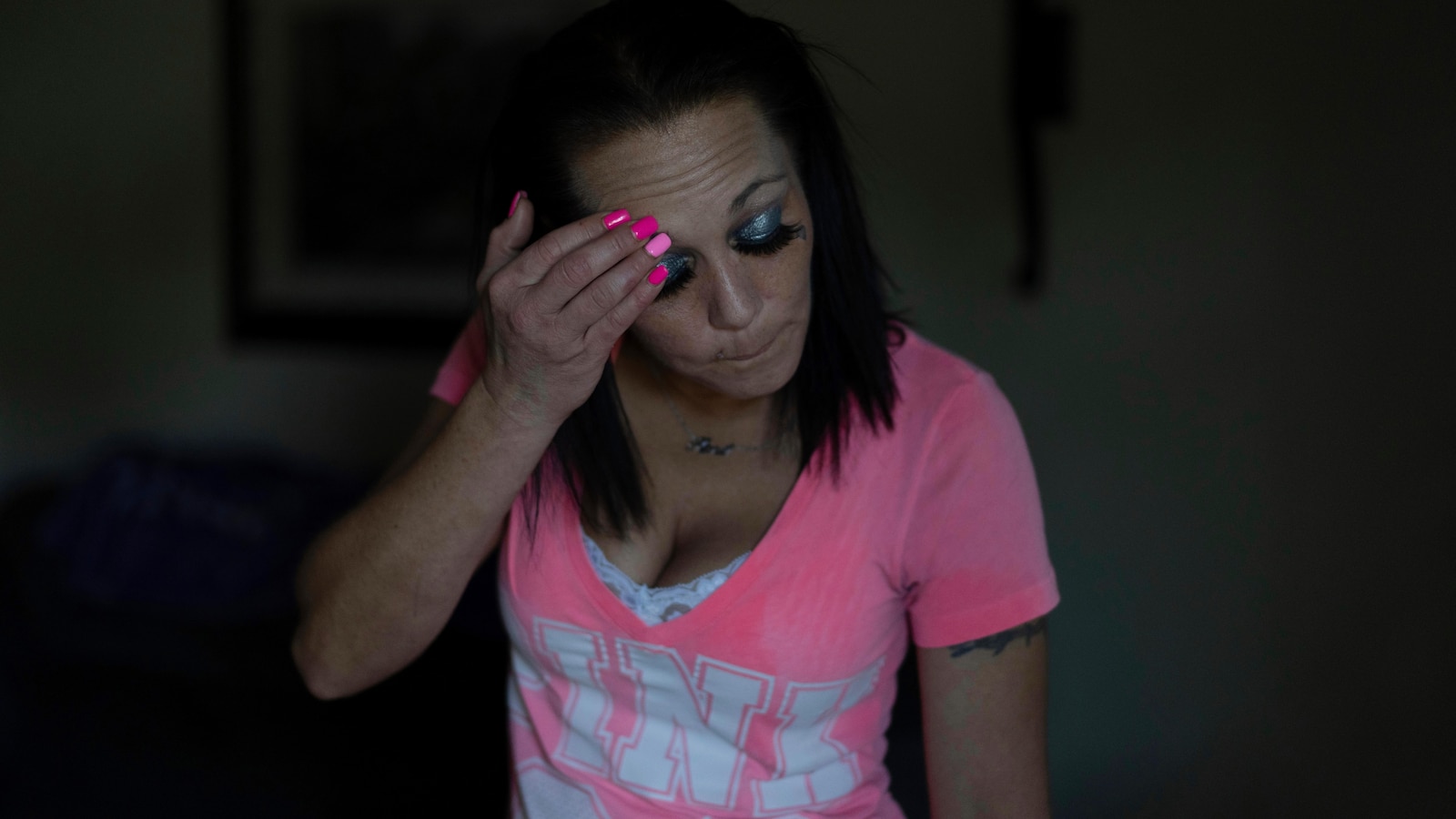Youst’s story, shared with The Associated Press, recounts a night in early 2016 when she was summoned to the laundry room under the guise of doing her laundry. Instead, she encountered Widen inappropriately exposing himself and demanding sexual favors in exchange for the favor of using a private washing machine. This pattern of manipulation and abuse reflects a broader epidemic of sexual violence against incarcerated women, particularly those in work release programs where they are vulnerable to exploitation.
The Associated Press investigation uncovered systemic issues across the United States, revealing that many women report similar experiences of sexual coercion from correctional staff. The findings indicate that allegations of sexual misconduct are often met with retaliation, and offenders frequently evade significant consequences. A bipartisan Senate investigation found that staff abuse was rampant in two-thirds of women’s federal prisons over the past decade, yet many cases remain unresolved due to bureaucratic hurdles.
The Prison Rape Elimination Act (PREA), established over 20 years ago, has led to an increase in reported incidents, with allegations of sexual misconduct rising significantly from 2010 to 2020. However, the follow-up on these allegations remains inadequate, as evidenced by the low prosecution rates; only 6% of reported cases resulted in convictions in recent years.
In the midst of this troubling environment, Youst’s experience reflects the precarious position of many female inmates, who often fear reporting abuse due to potential retaliation or disbelief. Most women behind bars have histories of trauma and victimization, and the likelihood of being assaulted increases dramatically in a prison setting. Many have expressed fears of losing their jobs or being sent back to harsher conditions if they come forward with allegations.
The culture of silence and impunity surrounding sexual abuse in prisons extends beyond individual cases. Widen, who was charged with felony sex acts against Youst, continues to assert his innocence, claiming he is the victim of a conspiracy. His case has dragged on through the legal system for years, highlighting the challenges victims face in seeking justice.
Despite the growing awareness of the issue, the treatment of women in the criminal justice system remains fraught with stigma. Experts argue that societal attitudes often dehumanize female inmates, viewing them as deserving of the mistreatment they endure. This mindset perpetuates a cycle of violence and silence, with many guards treating their vulnerable charges as commodities rather than individuals with rights.
Furthermore, numerous instances of abuse have been documented, such as the case of Bonnie Hernandez, who testified about being raped by a correctional officer in Florida. Her ordeal, like many others, showcases the urgent need for reform within the correctional system to protect inmates from predatory staff members.
With a significant number of women incarcerated for nonviolent offenses, the intersection of substance abuse and criminal justice plays a critical role in understanding the vulnerabilities of these women. Many have histories of trauma and addiction, which correctional officers exploit, further complicating their paths to rehabilitation.
The persistence of sexual violence within correctional facilities necessitates immediate attention and action. Advocacy groups and legal experts are calling for reforms to ensure accountability for staff members accused of misconduct and to protect the rights of inmates.
As the conversation around prison reform evolves, it is imperative to acknowledge the voices of those who have been silenced for too long. The plight of women in correctional facilities is not just a legal issue but a profound humanitarian concern that demands collective action and societal change.

